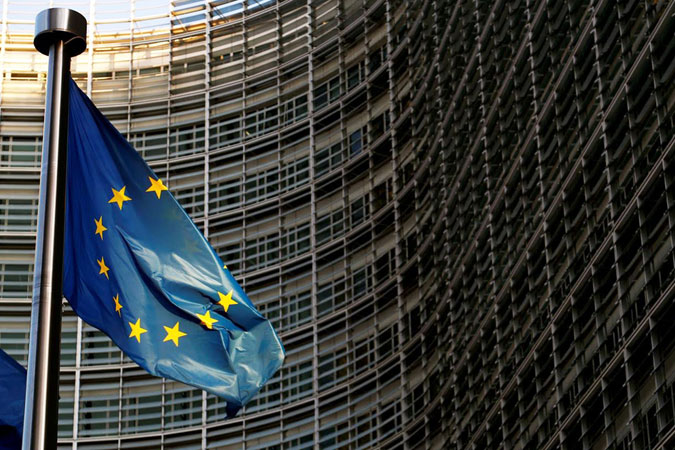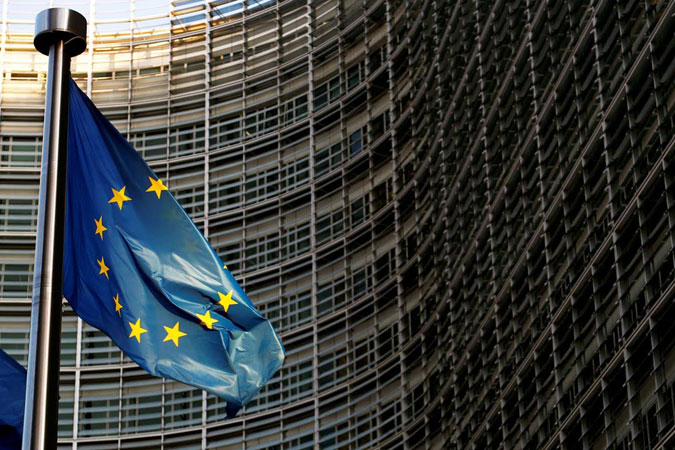
By Arjay L. Balinbin, Senior Reporter and Jenina P. Ibanez, Reporter
The European Parliament on Thursday voted to revoke tariff perks enjoyed by Philippine products due to human rights violations under President Rodrigo R. Duterte.
In a resolution posted on the European Parliament’s website, the lawmakers cited the “seriousness of human rights violations in the country.”
They called on the European Commission to immediately start the procedure for the temporary withdrawal of GSP+ preferences enjoyed by the Philippines given the government’s failure to improve the human rights situation.
The Philippines has been enjoying “enhanced trade preferences” under the EU’s GSP+ or Generalized Scheme of Preferences Plus since December 2014.
A quarter of Philippine exports to the EU last year or almost 2 billion euros received preferential treatment under the scheme, according to the resolution.
It said 626 European lawmakers voted to revoke the perks, seven disagreed and 52 abstained.
The GSP+ is an incentive agreement in which 6,274 Philippine products enjoy zero-tariff entry to the European Union provided the country follows the 27 core international conventions that include human and labor rights, environmental protection and good governance.
Among the human rights issues cited by European lawmakers was the conviction of Maria A. Ressa, founder of news website Rappler and former researcher Reynaldo Santos, Jr. for cyber libel.
They also cited Mr. Duterte’s war on drugs that has killed at least 8,663 people, the denial of the application for a legislative franchise of ABS-CBN Corp., which is critical of the Duterte government.
The lawmakers also cited the detention of opposition Senator Leila M. de Lima, which it described as “politically motivated,” and the killing of 43 land rights defenders last year.
“The Parliament expresses its deepest concern at the rapidly deteriorating human rights situation in the Philippines under President Rodrigo Duterte,” according to a copy of the resolution.
It called on the government “to implement all the recommendations outlined by the United Nations High Commissioner for Human Rights to address a range of serious issues, such as the widespread and systematic killings related to the authorities anti-drug campaign.”
“The Parliament is further alarmed about the deteriorating level of press freedom in the Philippines, and condemns all threats, harassment, intimidation, unfair prosecutions and violence against journalists, including in the case of Maria Ressa,” the lawmakers said. “All politically motivated charges against her and her colleagues should be dropped.”
Trade Secretary Ramon M. Lopez in a statement said the government has been working closely and fully cooperating with the EU Commission.
“We have an inter-agency working group in place that attend to the regular monitoring visits and respond accordingly to various issues if and when they are officially raised by the EU Commission,” he said. “The EU Commission has a mechanism in place and process to follow to verify issues before sanctions are imposed.”
He said the government had been able to explain its side “and we don’t see any reason why our GSP+ privilege will be withdrawn.”
“It is quite unfair that they’re probably basing their reaction on the basis of the advocacy of mostly opposition groups,” Philippine Exporters Confederation, Inc. President Sergio R. Ortiz-Luis Jr. said by telephone.
“There’s really not much to lose because we have not really fully utilized the European GSP+,” he added.
